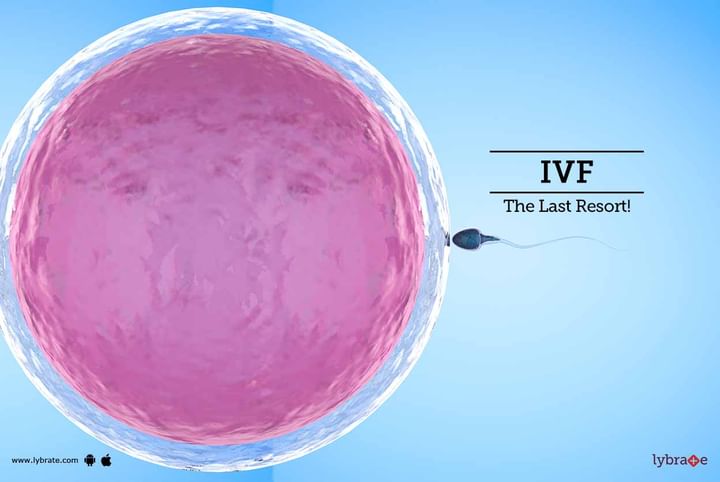IVF- The Last Resort!
Life is beautiful! Right from the birth you grow through life stage by stage. One such amazing stage is parenthood. For those of you who desire to become a parent, there is nothing more painful than trying and failing at each and every known procedure to conceive naturally. The heartbreak of infertility can turn out to be devastating. Fortunately, there are several techniques to address this situation, the last resort being In- Vitro Fertilization (IVF).
What is IVF?
In- Vitro Fertilization (IVF) is a procedure by which an egg is fertilized by sperm outside the body: in vitro meaning in glass. A colloquial term for babies conceived as the result of IVF is “test tube babies” but the fact being they are cultured in petri plates. The zygote produced from the fertilization develops under carefully controlled conditions until it becomes an embryo, which is then transferred into the uterus either by inserting it into the fallopian tubes, or intra- vaginal placement into the uterus. Once the embryo implants on the uterine wall, a pregnancy has just begun its course. Furthermore, the birth of a live infant capable of surviving outside the mother’s body marks a successful IVF cycle.
Indications of IVF:
IVF is most clearly recommended only when infertility results from one or more causes having no other effective treatment. The below list clarifies when an IVF can become your only option.
- Tubal disease: A case where the fallopian tubes in women reproductive system is blocked.
- Endometriosis: The uterine lining grows outside the uterus which often has tubal and ovarian cysts.
- Ovulatory dysfunction: This is applicable to patients with polycystic ovarian disease(PCOD) and other ovulatory problems.
- Age of the woman: The woman’s ovarian capacity and function diminishes with age which can be overcome by IVF.
- Male factor infertility: This is contributed by azoospermia, oligozoospermia, asthenozoospermia, anti-sperm antibody, etc.
- Pre implantation genetic testing(PGT): Patients with potential risk for genetic disorders such as cystic fibrosis and thalassemia are recommended to test their embryos to rule out the possibilities of the risk genes being inherited.
Recommendations:
IVF may demand a fortune to get a positive result. It is indeed an expensive treatment. Sometimes, it is recommended that the couple start from the preliminary treatments based on thorough follicular study and semen analysis. IVF success rate is variable and depends upon many factors. Look out for the associated risks of IVF. If you have made up your mind for IVF then follow the doctor’s instructions during the treatment with at utmost care and hope for the best result to come your way. As it is rightly said: “All is well that ends well!” In case you have a concern or query you can always consult an expert & get answers to your questions!



+1.svg)
